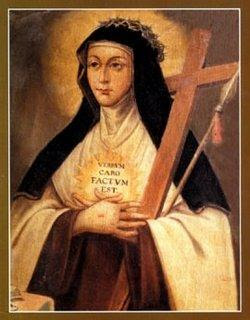Feast of the Most Holy Name of Mary

Most Holy Name of Mary, Feast of the Holy Name of Mary, or simply Holy Name of Mary is a feast day in the Roman Catholic Church celebrated on 12 September to honour the name of Mary the mother of Jesus. It has been a universal Roman Rite feast since 1684, when Pope Innocent XI included it in the General Roman Calendar to commemorate the victory at the Battle of Vienna in 1683.
The entry in the Roman Martyrology about the feast speaks of it in the following terms:
The Holy Name of the Blessed Virgin Mary, a day on which the inexpressible love of the Mother of God for her Holy Child is recalled, and the eyes of the faithful are directed to the figure of the Mother of the Redeemer, for them to invoke with devotion.
The feast day began in 1513 as a local celebration in Cuenca, Spain, celebrated on 15 September. In 1587 Pope Sixtus V moved the celebration to 17 September. Pope Gregory XV extended the celebration to the Archdiocese of Toledo in 1622. In 1666 the Discalced Carmelites received the faculty to recite the Office of the Name of Mary four times a year In 1671 the feast was extended to the whole Kingdom of Spain.
Before the Battle of Vienna in 1683, John III Sobieski placed his troops under the protection of the Blessed Virgin Mary. In the following year, to celebrate the victory, Pope Innocent XI inserted the feast in the General Roman Calendar, assigning to it the Sunday within the octave of the Nativity of Mary (8-15 September). In the reform of Pope Pius X, the liturgy of the Sundays, which previously had been generally replaced by celebrations of saints, was restored to prominence. The celebration of the Holy Name of Mary was therefore moved to 12 September. Later in the same century, the feast was removed from the General Roman Calendar in 1969, as something of a duplication of the 8 September feast of the Nativity of the Blessed Virgin Mary. But it did not cease to be a recognized feast of the Roman Rite, being mentioned in the Roman Martyrology on 12 September. The 2002typical edition of the Roman Missal restored the celebration to the General Roman Calendar.
References: Wikipedia.Org
Magnificat.Ca


